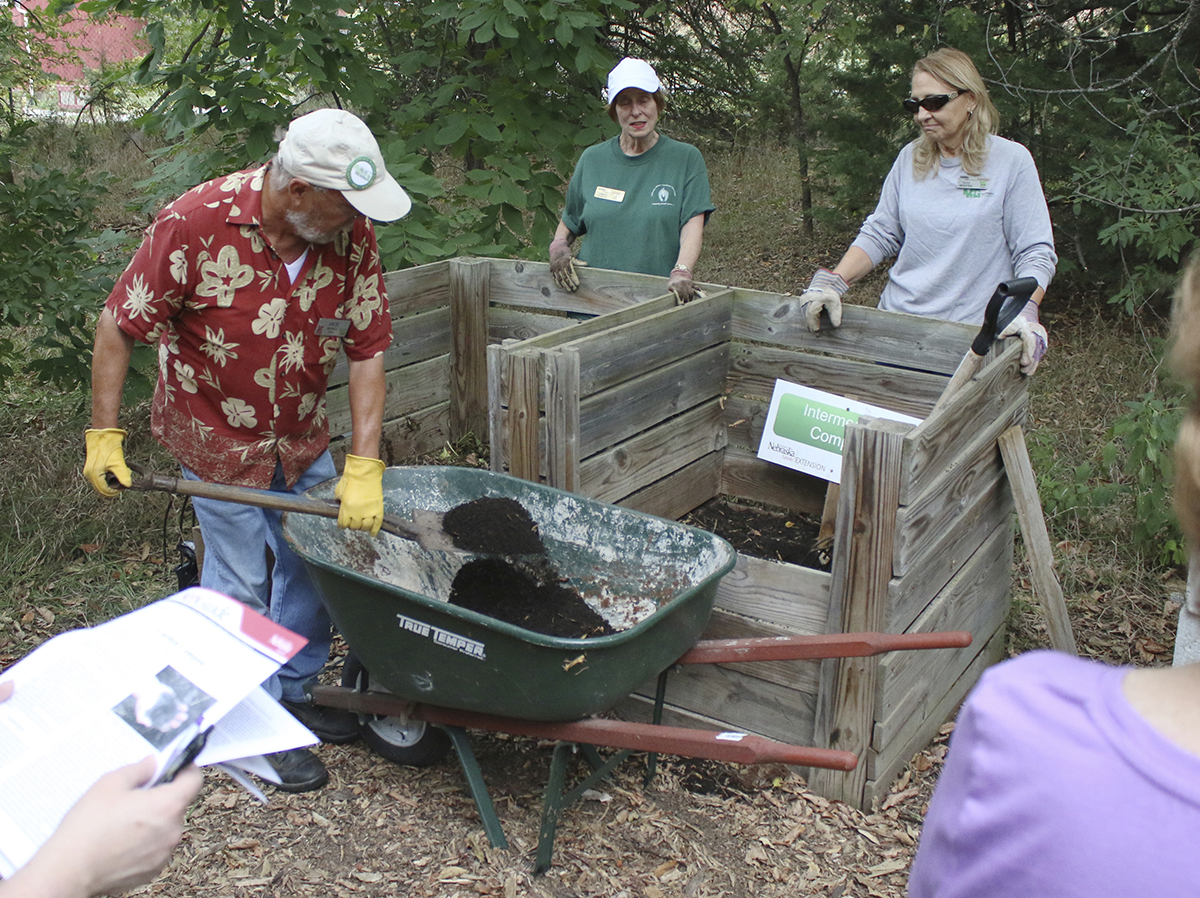"Compost vs Fertilizer: Which is Better for Your Garden?" Fundamentals Explained

Composting 101: Everything You Need to have to Understand Concerning Turning Rubbish into Gold
Composting is the procedure of turning organic refuse in to nutrient-rich soil that may be used to strengthen the wellness and fertility of your backyard. It's a sustainable and eco-friendly way to take care of misuse while also gaining your plants and minimizing the demand for chemical fertilizers. In this blog blog post, we are going to cover everything you need to have to recognize concerning composting, coming from getting started to addressing typical problems.
Why Compost?
Composting offers various benefits for both you and the setting. By diverting organic refuse coming from land fills, you can easily minimize marsh gas discharges, which are a considerable factor to climate modification. Additionally, composting helps enhance ground through supplying necessary nutrients for vegetations, enhancing water loyalty, and advertising healthy and balanced microbial task.
Getting Began
To start composting, you'll need to have a couple of simple materials:
1. Compost Bin: Decide on a suitable container or can that enables for appropriate air flow while always keeping bug out. You can easily buy one or help make your personal making use of recycled materials.
2. All natural Waste: Pick up kitchen area junks like fruit and veggie peels, coffee grounds, eggshells, and herbal tea bags. Yard waste such as grass trimmings, vacation, and small branches may likewise be included.
3. Carbon-Rich Materials: Add dry out components like cut paper or cardboard to make a well balanced carbon-to-nitrogen ratio in your garden compost heap.
Building Your Compost Stack
Once you have collected all the essential components, follow these steps to develop an efficient compost stack:
1. Opt for a Place: Find a suited spot in your backyard that is convenient but not also near to your residence as it might attract insects or release scents during the course of disintegration.
2. Layering: Start by incorporating a level of carbon-rich materials at the bottom of your bin or heap complied with through a layer of natural rubbish on best. Proceed rotating between these layers until you have utilized all your materials.
3. Moisten: Maintain your garden compost heap wet, like a damp sponge, to promote putrefaction. If it ends up being also dry, sprinkle some water. If it comes to be as well wet, incorporate even more dry products.
4. Freshen: To ensure suitable air flow and disintegration, frequently turn or mix the stack using a backyard fork or shovel. This are going to protect against the development of compacted coatings and aid accelerate up the composting method.
Managing Your Compost
Composting is a organic method, but it requires some focus and administration to work effectively:
1. Balancing Carbon and Nitrogen: Preserving a equilibrium between carbon-rich (browns) and nitrogen-rich (environment-friendlies) materials is critical for effective composting. Add even more browns if your pile smells uncomfortable or seems slimy; include additional greens if it's not disintegrating quickly good enough.
2. Dimension Issues: Smaller fragment dimension promotes faster disintegration as it boosts the area place on call for microbial activity. This Site in to smaller pieces prior to including them to your compost heap.
3. Temp Monitoring: Appropriately dealt with compost stacks produce heat due to microbial task inside them. Use a thermometer to monitor the temperature level on a regular basis; optimal temperatures range between 110-160°F (43-71°C).
Troubleshooting Common Issues
While composting is pretty uncomplicated, you may come across some usual issues along the method:
1. Repulsive Scent: A powerful smell suggests an imbalance in your compost pile—add more carbon-rich components and turn the heap more regularly to improve air flow.
2. Parasite: To discourage parasite like rodents or flies, prevent including meat, milk products, or oily food items scraps to your garden compost heap.
3. Slow Putrefaction: If your compost is not breaking down as quickly as expected, inspect if you have adequate nitrogen-rich materials in the mix or readjust humidity degrees by including water or dry out ingredients accordingly.
4.Disease Transmission: Avoid composting unhealthy plants, grass with fully grown seeds, or pet waste as they might include pathogens that may endure the composting process.
Using Your Compost
After numerous months of disintegration, your garden compost are going to transform right into dark, brittle dirt with a rich down-to-earth scent. Below are some means to make use of your finished garden compost:
1. Garden Fertilizer: Blend the compost right into your backyard soil to strengthen its fertility and structure. The nutrients released by the compost are going to nourish your plants normally.
2. Compost: Disperse a layer of compost around your plants to subdue pots, maintain moisture in the soil, and deliver insulation throughout harsh temp adjustments.

3. Potting Mix: Combination the compost along with potting soil when repotting inside or outside vegetations to boost their growth and health and wellness.
Verdict
Composting is a straightforward however effective method to lower refuse while producing nutrient-rich soil for your landscape. By following these basic guidelines and troubleshooting recommendations, you may turn kitchen area fragments and backyard waste into "dark gold" that are going to profit both your yard and the environment. Start composting today and join the action towards lasting living!
